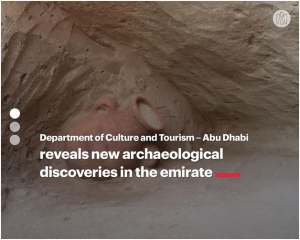
TTT NEWS NETWORK
NEW DELHI, 17 JUNE 2023:
The Department of Culture and Tourism – Abu Dhabi (DCT Abu Dhabi) has revealed several significant new archaeological discoveries in the emirate, including sites and artefacts from the Iron Age and the Pre-Islamic period – covering a time span from approximately 1300 BCE to 600 CE.
DCT Abu Dhabi’s archaeologists unearthed significant finds during rescue excavations of part of a Late Pre-Islamic (300 BCE-300 CE) cemetery encountered during the upgrading of roads and infrastructure in the old neighbourhood (Shaabiya) of Kuwaitat in downtown Al Ain, east of Al Ain Museum. Around twenty individual graves were recorded. These have produced some exceptionally well-preserved objects, including intact amphorae and other ceramics, bronze bowls and other glass and alabaster vessels. Substantial quantities of iron weaponry found in the graves include arrows, spears, and a number of swords, including one 70cm long example preserved intact.
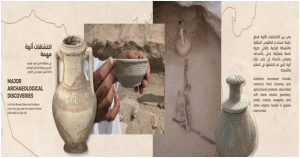
The existence of a cemetery suggests a settlement of the same period was probably located nearby, and the presence of deep underground-water channels (aflaj) noted in this area provides further evidence for the creation of the nearby Al Ain Oasis in this period and the development of the historic landscape of Al Ain.
Additional treasures were uncovered during a project along an 11.5 km stretch encompassing three areas in Al Ain; Khrais, Qattara and Hili. . These include an Iron Age cemetery containing a monumental stone tomb and at least 35 graves. Another area along the line of the border fence revealed pre-Islamic tombs, one containing a cache of iron weaponry. Archaeologists also identified more than 50 ancient aflaj of various dates and construction techniques, evidence of different phases of Iron Age agriculture and the organisation of irrigation systems and agricultural plots. These ancient fields provide a tangible and relatable link to traditional agriculture systems. They show that something that we think of as relevant to the recent past of Al Ain, has in fact a very long history.
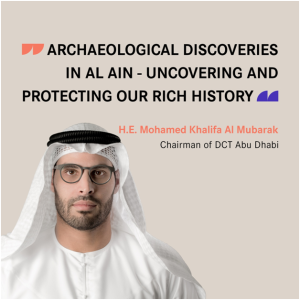
Mr. Mohamed Khalifa Al Mubarak, Chairman of DCT Abu Dhabi, said: “The exciting recent archaeological discoveries are the result of DCT Abu Dhabi’s ongoing efforts to uncover and protect the rich history of the emirate and the wider nation. We are making significant contributions to knowledge of life in the region during time periods about which little has been known – for example, proof that early settlers in this land implemented agricultural systems far earlier than previously thought. Through these undertakings, we continue to obtain a more complete picture of Abu Dhabi’s past, bolstering our pride in the achievements of our ancestors and making valuable contributions to regional and worldwide scientific discourse.”
Artefacts recovered include ceramics from funerary and agricultural contexts, decorated soft stone vessels, jewellery, shells, metals, weapons, and other objects found in graves and tombs. Extensive soil samples were taken from the site, which will provide further information on the use of the ancient environment and the type of crops being cultivated in the Iron Age.
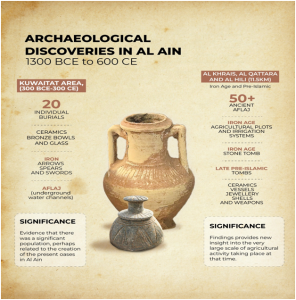
The significance of these Pre-Islamic discoveries lies in showing that a period which until recently was relatively absent from the archaeological record in Al Ain is not only present, but seemingly widespread. It may be that the finds of swords show the adoption of new weaponry, which may in turn indicate the rise of horse-borne warfare in the region at this time. As part of DCT Abu Dhabi’s continued efforts to further knowledge of the UAE’s history and safeguard its cultural heritage, excavation and research activities are taking place continuously across Abu Dhabi. DCT Abu Dhabi also partners with leading educational institutes and governmental organisations to provide students and stakeholders with the most up-to-date knowledge on the management and protection of the historic environment.

Advertisement:


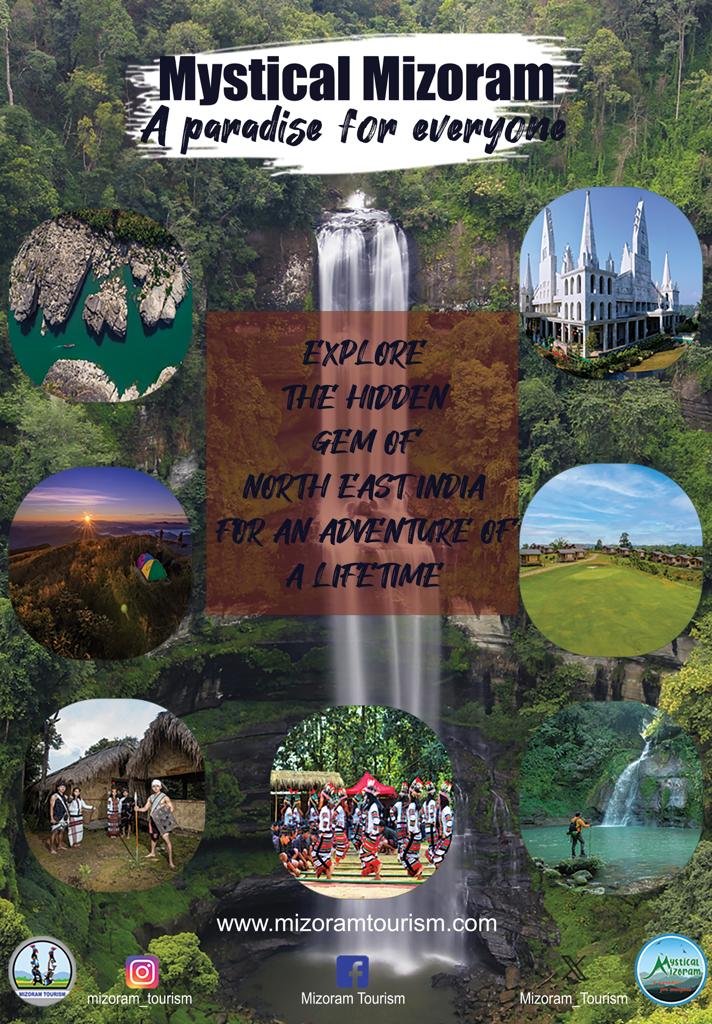










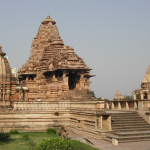







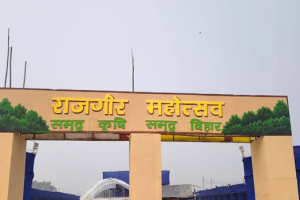








Add Comment